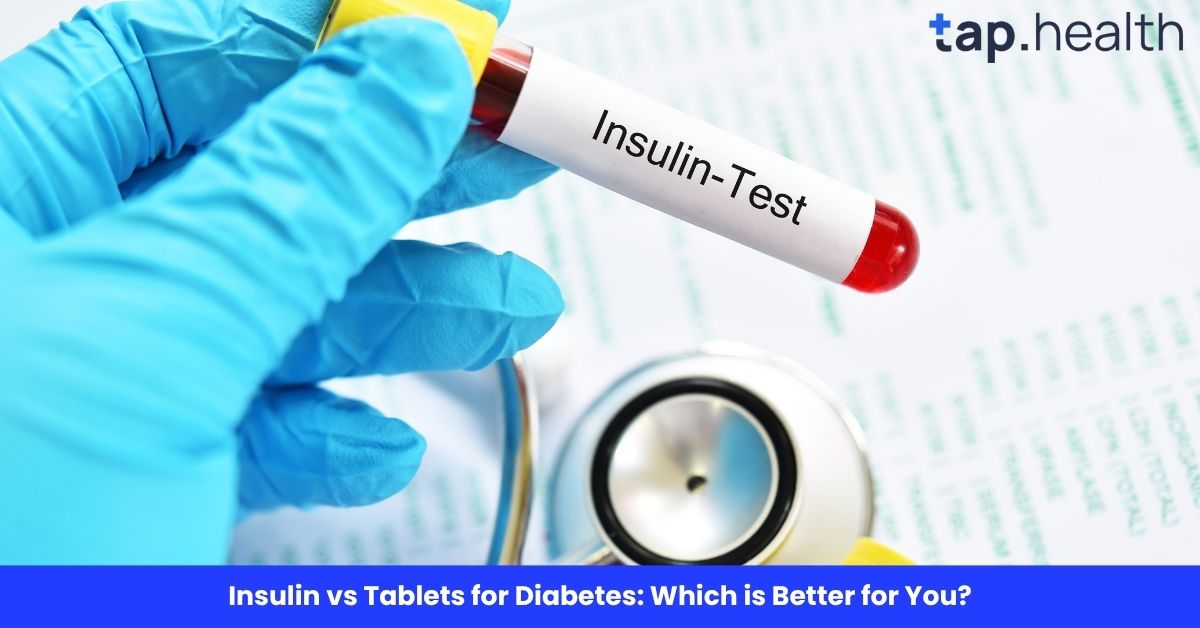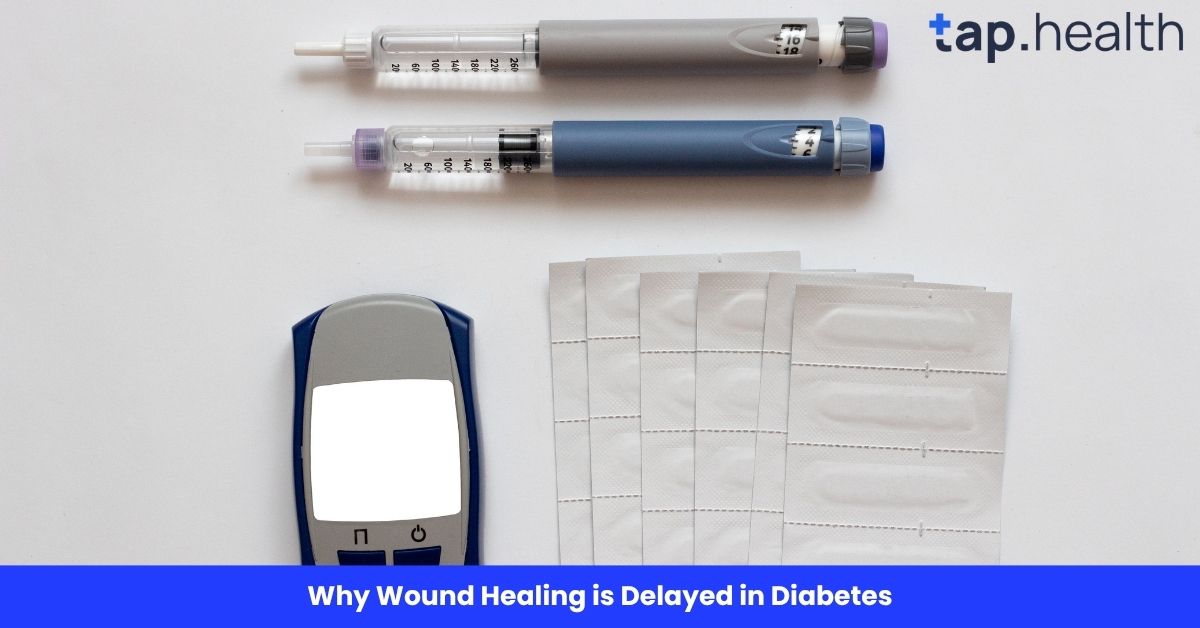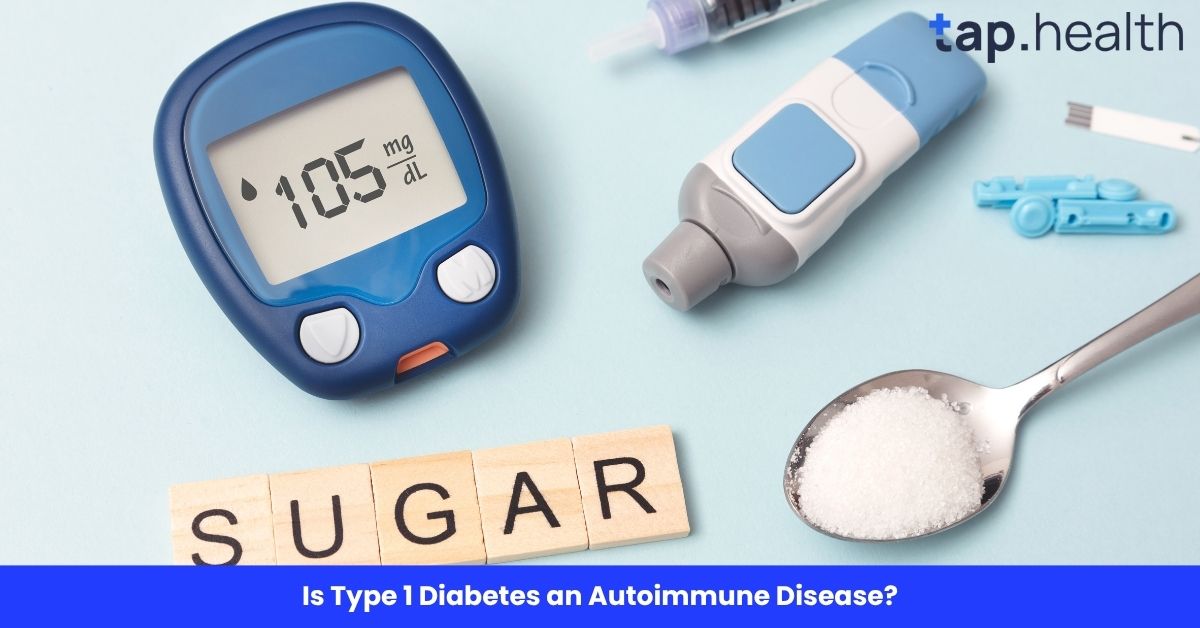Managing diabetes can be overwhelming, especially when it comes to deciding which treatment option is best. With so many choices, two of the most common are insulin injections and diabetes tablets. Both have their advantages and disadvantages, depending on the type of diabetes and the individual’s unique health needs.
In this article, we will compare insulin and diabetes tablets in detail. By the end, you will have a clear understanding of which treatment might be right for you or a loved one. Let’s dive into the details and explore the differences.
What Is Diabetes?
Before we compare insulin and tablets, let’s first understand diabetes. Diabetes is a condition where the body is either unable to produce insulin or cannot use it properly. Insulin is a hormone that helps the body use sugar, starches, and other food for energy. If the body does not have enough insulin, sugar builds up in the blood, leading to high blood sugar levels, which can cause serious complications.
There are two main types of diabetes:
- Type 1 Diabetes: The body does not produce insulin at all. This type is typically diagnosed in children or young adults.
- Type 2 Diabetes: The body does not use insulin properly, or the insulin it produces is not enough. This type is more common in adults and can often be managed with lifestyle changes and medication.
Now that we have an understanding of diabetes, let’s move on to the main topic: insulin vs tablets.
What Is Insulin?
What Is Insulin Used For?
Insulin is a hormone made by the pancreas. When you eat food, especially carbohydrates, your blood sugar levels rise. Insulin helps lower these levels by allowing sugar to enter the cells and be used for energy. For people with diabetes, insulin is used to control blood sugar levels, as their bodies either don’t produce enough insulin or can’t use it effectively.
Types of Insulin
There are several types of insulin, and each works in different ways. Some of the main types include:
- Rapid-Acting Insulin: Begins to work within 15 minutes and lasts for about 3-5 hours.
- Short-Acting Insulin: Works within 30 minutes and lasts for 6-8 hours.
- Intermediate-Acting Insulin: Works in 1-2 hours and lasts for about 12-16 hours.
- Long-Acting Insulin: Works slowly and lasts for 24 hours, providing a steady level of insulin.
Pros and Cons of Insulin
Pros:
- Insulin is highly effective at controlling blood sugar levels, especially for people with Type 1 diabetes.
- It provides immediate results in controlling blood sugar spikes after meals.
- For people with Type 1 diabetes, insulin is often the only option available.
Cons:
- It requires injections, which can be painful and inconvenient.
- Insulin can cause low blood sugar (hypoglycemia) if not used properly.
- It needs to be carefully monitored and adjusted based on food intake and activity levels.
What Are Diabetes Tablets?
What Are Diabetes Tablets?
Diabetes tablets are oral medications that help control blood sugar levels. They are primarily used for Type 2 diabetes but may also be prescribed for people with Type 1 diabetes in certain situations. Tablets can be used alone or in combination with insulin.
There are several types of diabetes tablets, each working in different ways to help lower blood sugar levels:
- Metformin: Reduces the amount of sugar produced by the liver and helps the body respond better to insulin.
- Sulfonylureas: Stimulate the pancreas to release more insulin.
- DPP-4 Inhibitors: Help the body increase insulin production after eating.
- SGLT2 Inhibitors: Help the kidneys remove excess sugar from the blood.
Pros and Cons of Diabetes Tablets
Pros:
- Tablets are easy to take and do not require injections.
- They are often more convenient for people with Type 2 diabetes who can still produce some insulin.
- There is a lower risk of hypoglycemia compared to insulin.
Cons:
- Tablets may not be effective for people with Type 1 diabetes or those with severe Type 2 diabetes.
- They can have side effects, including stomach upset, weight gain, or other complications depending on the medication.
- Some medications require lifestyle changes, such as diet and exercise, to be fully effective.
Insulin vs Tablets: Which Is Better for You?
The answer to this question depends on various factors, including the type of diabetes you have, your age, lifestyle, and how well your body can handle insulin or medications.
For Type 1 Diabetes
People with Type 1 diabetes need insulin because their bodies do not produce any insulin. Tablets are not an option for Type 1 diabetes, as they do not help the body produce insulin.
For Type 2 Diabetes
For people with Type 2 diabetes, both insulin and tablets can be used to control blood sugar levels. In most cases, diabetes tablets are tried first because they are easier to manage and do not require injections. However, over time, some people with Type 2 diabetes may need insulin to achieve better control over their blood sugar levels.
Factors to Consider When Choosing Between Insulin and Tablets
- Effectiveness: Insulin is generally more effective for lowering blood sugar, especially in Type 1 diabetes. For Type 2 diabetes, tablets may be enough in the early stages.
- Convenience: Tablets are easier to take, as they do not require injections.
- Side Effects: Insulin can cause low blood sugar, while tablets may have side effects such as stomach issues or weight gain.
- Cost: Insulin can be expensive, especially if multiple doses are required daily. Tablets are usually more affordable.
What Are the Risks of Insulin?
While insulin is essential for many people with diabetes, there are some risks associated with its use, including:
- Hypoglycemia (Low Blood Sugar): Taking too much insulin can cause your blood sugar to drop too low, leading to symptoms like dizziness, sweating, and confusion.
- Weight Gain: Insulin therapy can sometimes lead to weight gain.
- Injection Site Issues: Repeated injections can lead to scarring or lumps at the injection site.
What Are the Risks of Diabetes Tablets?
Like all medications, diabetes tablets can have side effects. Some of the most common side effects include:
- Stomach Issues: Some tablets can cause nausea, bloating, or diarrhea.
- Weight Gain: Some diabetes medications may lead to weight gain.
- Kidney Problems: Certain diabetes medications may affect kidney function, especially in people with existing kidney issues.
Can You Use Insulin and Tablets Together?
In some cases, doctors may recommend using both insulin and diabetes tablets together. This is often the case for people with Type 2 diabetes who require additional help in controlling their blood sugar levels. The combination therapy helps lower blood sugar more effectively.
How Do You Know Which Treatment is Right for You?
The right treatment for diabetes depends on your individual needs, including your age, overall health, type of diabetes, and how well your blood sugar is controlled. It is essential to work with your healthcare provider to determine the best treatment plan for you.
Factors to Consider:
- Age: Younger people with Type 1 diabetes typically require insulin, while Type 2 diabetes in older adults may be managed with tablets.
- Health Conditions: People with kidney or liver issues may be better suited to tablets, while those with severe diabetes may need insulin.
- Lifestyle: If you lead an active lifestyle or prefer a non-injection option, tablets might be more suitable.
Real-Life Scenario
Consider two patients with type 2 diabetes:
- Patient A has moderate blood sugar levels and follows a healthy diet with regular exercise. Tablets like metformin help maintain normal glucose levels.
- Patient B struggles with very high blood sugar, and tablets alone aren’t enough. Doctors prescribe insulin to bring levels under control safely.
This shows that treatment is personalized, not one-size-fits-all.
Expert Contribution
Endocrinologists explain that early-stage type 2 diabetes is often managed with tablets and lifestyle changes. Insulin is usually introduced when tablets fail to maintain target blood glucose levels. For type 1 diabetes, insulin is always required, as the body cannot produce insulin naturally.
Experts also emphasize monitoring blood sugar regularly to determine the correct dosage and combination of therapy.
Recommendations Grounded in Proven Research and Facts
- Follow medical advice: Only a healthcare provider can determine whether insulin or tablets are suitable based on individual blood sugar patterns.
- Lifestyle matters: Diet, exercise, and weight management complement both insulin and tablet therapies.
- Combination therapy: Many people with type 2 diabetes may eventually need both tablets and insulin for optimal control.
- Regular monitoring: Frequent blood sugar checks help avoid complications such as hypoglycemia or hyperglycemia.
- Education is key: Understanding how insulin and tablets work helps patients manage diabetes effectively and safely.
FAQ Section on Insulin vs Tablets for Diabetes: Which is Better for You?
1. Can I switch from insulin to tablets?
It depends on your specific case. People with Type 1 diabetes will always need insulin, but Type 2 diabetics might switch to tablets if their blood sugar is under control.
2. Which is more effective: insulin or tablets?
Insulin is typically more effective, especially for Type 1 diabetes, but for Type 2, tablets can often be sufficient, especially in the early stages.
3. Are there side effects to insulin?
Yes, insulin can cause hypoglycemia, weight gain, and injection site issues.
4. Do diabetes tablets cause weight gain?
Some diabetes tablets, such as sulfonylureas, can lead to weight gain.
5. Can I use insulin and tablets together?
Yes, in some cases, doctors recommend a combination of both for better blood sugar control.
6. Which is cheaper: insulin or tablets?
Tablets are usually cheaper than insulin, but the cost can vary depending on the type and dosage required.
In conclusion, both insulin and tablets have their pros and cons. While insulin is essential for Type 1 diabetes, tablets are often sufficient for Type 2 diabetes, especially in the early stages. It’s important to work closely with your healthcare provider to determine the best treatment plan for your needs.


